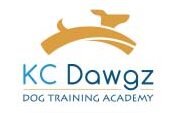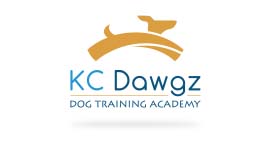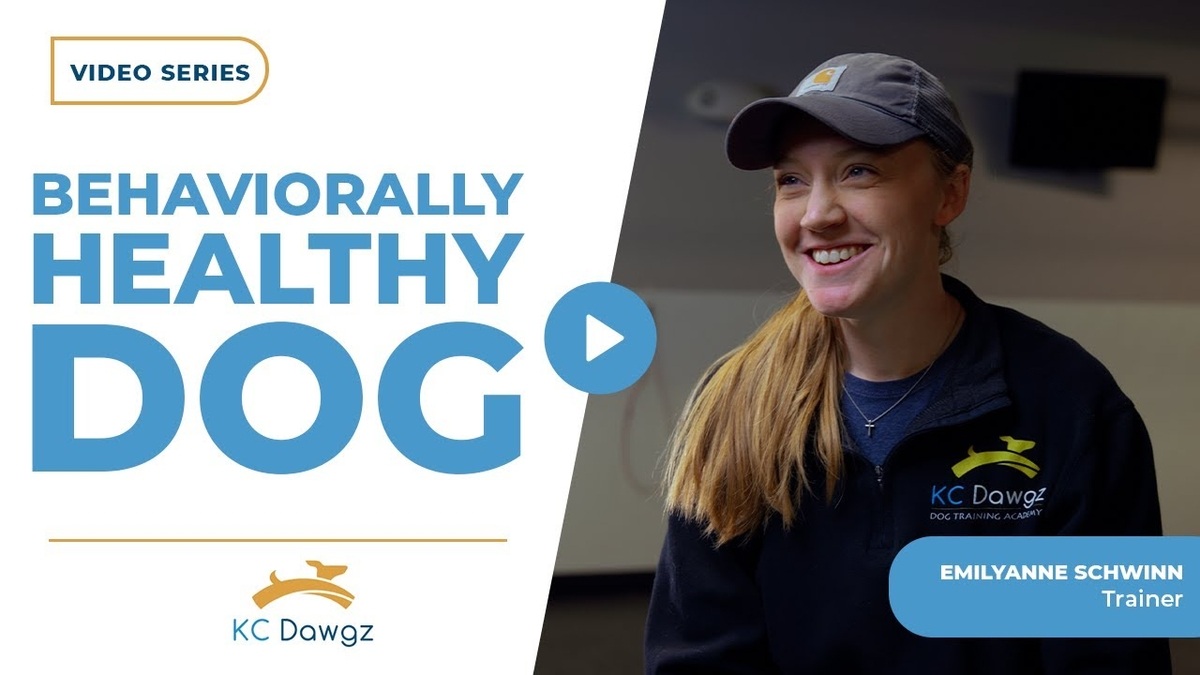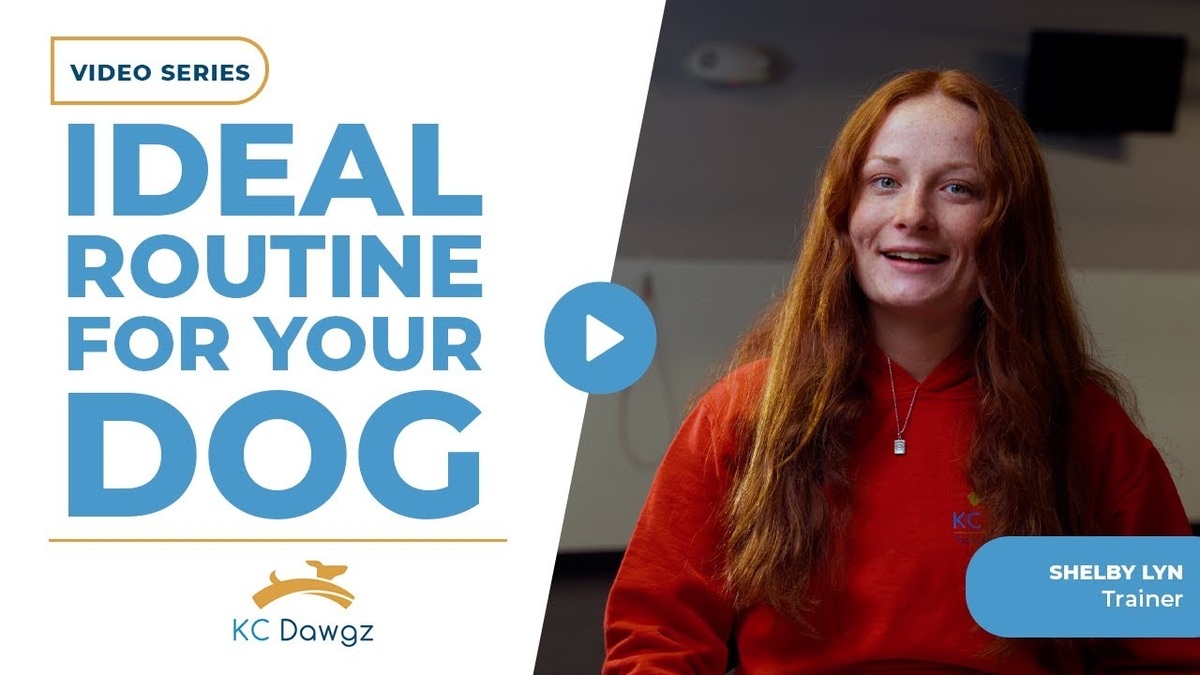Bringing home a new puppy is one of the most exciting experiences you can have. But that first week with your puppy is also a critical time to set the foundation for a happy and well-behaved companion. With the right approach, you can start building a relationship of trust and respect while teaching them essential skills. Let’s go over what you should do—and what to avoid—to make the most of this special time.
What to Do During the First Week with Your Puppy
1. Hand Feeding to Build Trust
One of the first things we recommend is hand feeding your puppy. By feeding them directly from your hand, you show your puppy that good things come from you. This simple act establishes a strong bond and reinforces the value of working with you as their handler. It also encourages focus and engagement, helping your puppy understand that paying attention to you leads to rewards.
Key Benefits of Hand Feeding:
- Builds trust and strengthens the bond between you and your puppy.
- Helps establish you as a positive and reliable leader.
- Encourages your puppy to focus on you and your commands.
2. Establish a Potty Training Schedule
Potty training is a priority for any new puppy owner. During the first week, it’s important to create a consistent schedule that fits your puppy’s age and developmental stage. Puppies have small bladders and need frequent bathroom breaks.
Tips for Successful Potty Training:
- Take your puppy out frequently, especially after meals, naps, and playtime.
- Reward them immediately when they go in the right spot.
- Avoid scolding accidents; instead, reinforce positive behavior by praising successes.
3. Start Kennel Training Early
A kennel or crate can be an invaluable tool for training and safety. Even if you don’t plan to use it daily, introducing your puppy to the kennel during the first week will help them see it as a safe and comfortable space. This is especially important for situations like vet visits, travel, or boarding.
Why Kennel Training Matters:
- Prevents accidents and protects your belongings from sharp puppy teeth when you’re not watching.
- Helps your puppy learn to self-soothe and relax.
- Prepares them for future situations where a kennel might be necessary.
Socialization and Exposure: Doing It Right
Socialization during the first week is not about overwhelming your puppy with interactions. Instead, focus on exposure to different environments, sounds, and sights. Be intentional and selective about what your puppy experiences to create positive associations.
Dos and Don’ts of Socialization:
- Do introduce your puppy to new environments slowly and positively.
- Don’t let them greet every person or dog they see. This can lead to overexcitement and unwanted behaviors like jumping.
- Do expose them to common household sounds and objects, such as vacuum cleaners or doorbells, to build confidence.
- Don’t rush into interactions that could lead to negative experiences. Safeguard their exposure to ensure it’s controlled and positive.
By carefully managing your puppy’s socialization, you’re helping them build a well-adjusted view of the world, which will benefit them for years to come.
What to Avoid During the First Week
1. Rushing Socialization
A common mistake is misunderstanding socialization. It’s not about letting your puppy meet everyone and everything. Instead, focus on selective exposure to ensure your puppy has positive interactions. Uncontrolled greetings can lead to overexcitement or even negative experiences.
2. Skipping Kennel Training
Neglecting kennel training can create challenges later. Your puppy may need to be kenneled at some point, such as during vet visits or travel. Introducing the kennel as a safe, comfortable space from day one can prevent future stress.
3. Forgetting to Teach Boundaries
It’s easy to let bad habits form during the first week. Remember that this is the time to teach your puppy appropriate behaviors, like not jumping on people or chewing on household items. Early boundary-setting leads to long-term success.
In Summary
The first week with your puppy is more than just an introduction; it’s the start of a lifelong bond built on trust, structure, and positive experiences. By incorporating hand feeding, you’ll not only strengthen your connection but also teach your puppy the value of focusing on you. Establishing a potty training routine and introducing the kennel early will create a safe and predictable environment, setting your puppy up for success.
Additionally, intentional socialization will ensure your puppy grows into a confident and well-adjusted companion. With these foundational steps, you’ll create a strong start that leads to years of happiness and companionship.
If you’re looking for expert guidance to make the first week—and every week after—a success, contact us at KC Dawgz. Our puppy training programs are designed to help you and your furry friend thrive together.




